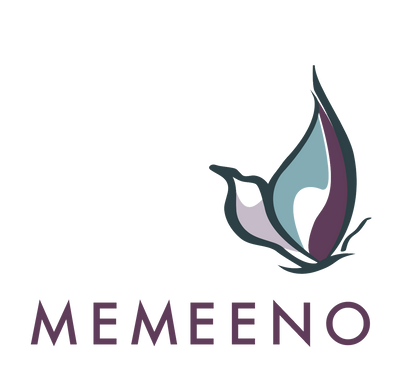Your Cart is Empty
FREE SHIPPING on all USA Orders
FREE SHIPPING on all USA Orders
Pregnant? Learn The Nutrients That You and Your Baby Needs
3 min read

Good nutrition is very important for all of us, especially for expecting moms. They should have the nutrition their body needs in preparation for giving birth and their growing baby. There are a lot of vitamins and minerals a pregnant mom can benefit from, but it is good to know what specific nutrients a mom needs to sustain her and her baby's nutritional needs.

Folic acid
Folic acid, the synthetic form of Folate, is needed by expecting mothers to prevent the risk of brain and spine defects in the developing fetus. This nutrient is very important in the first few weeks of pregnancy as it is needed for the neural tube to close. Without proper closure, the neural tube will be left exposed, which can result in tissue damage to the brain and spinal cord. Doctors recommend that childbearing age should have at least 400mcg of Folic acid and eat folate-rich foods to maintain an adequate amount in their body.
Foods high in folate are dark green leafy vegetables, okra, asparagus, beans, mushrooms, certain fruits, orange and tomato juices, lemons, bananas, strawberries, and melons. It is also present in peas, yeast, animal kidney, liver, and nuts. Folic acid is added to supplements and foods like bread, cereals, and pasta.

Iron
Did you know that pregnant women and growing babies are the most at risk for iron deficiency? During pregnancy, more iron is needed to support the development of the growing fetus, the placenta, and the mother's red blood cells. The mother's blood volume increases, and she uses iron to make more blood and carry oxygen to her baby. Iron deficiency is common in pregnant women, especially if they do not have enough iron stores and are not taking iron supplements. It is essential to take iron supplements as it helps increase one's hemoglobin, the oxygen-carrying cells, and have a buffer for blood loss during delivery.
To increase your iron, you can take prenatal iron supplements and eat iron-rich foods such as meats, fish, eggs, and chicken. The body easily absorbs the iron in meat called heme, compared to iron in vegetables. Other sources of iron are baked potato with skin, beans, oatmeal, raisins, tofu, spinach, clams, oysters, greens, sauerkraut, beets, lentils, soybean flour, and enriched pasta. Experts recommend 30mg of iron for pregnant women.

Protein
Health experts say pregnant women need 75 to 100 grams of protein daily. Protein is vital in your baby's growth and development. It ensures the development of your baby's tissues and organs. It also assists in uterine and breast tissue growth. Good protein sources are nuts, lean meat, chicken, salmon, tofu, peanut butter, cottage cheese, beans, and poultry. An adequate protein that meets your body's requirements can prevent preterm labor and fetal growth restriction.

Calcium
Calcium is very important for us, especially for pregnant women. It helps maintain the mother's skeletal health and build your baby's teeth and bones. It is vital to increase your calcium stores so your growing baby will not consume it all and for you not to suffer from osteoporosis later in life. Although women recover from calcium loss after pregnancy, having enough calcium stores in your body is still best.
Moms-to-be need at least 1000 mg of Calcium per day. Prenatal vitamins may not do it alone, so moms should consume more from their diet. Prenatal vitamins plus food with a good source of calcium can supply the required daily intake. Milk is a good source of calcium. If you cannot bear to drink it daily, you can mix it with smoothies and soups or, instead, take yogurt. Other good sources of calcium are cheese, tofu, calcium-fortified juices, canned salmon, sardines with bones, chia seeds, turnip greens, broccoli, and kale.

Vitamin D
Vitamin D is needed to absorb Calcium in your body. For pregnant women, not only it helps in developing the fetus' teeth and bones, but it also aids in immune response and blood sugar regulation. An adequate amount of Vitamin D can help prevent pre-eclampsia, gestational diabetes for moms, rickets, seizures, low birth weight, and muscle disease in a newborn.
No need to worry if you live in a less sunny place; your prenatal vitamin can help you supply about 400 to 600 IUs of the required Vitamin D. Other than that, you can eat sardines, eggs, fortified milk, rainbow trout, and salmon.
Conclusion
It is important to visit your doctor for prenatal checkups so they can give you the right prenatal vitamin or other supplements to take. The supplements that will be prescribed will be based on your health condition, blood tests, and other laboratory exams. Remember to have a balanced diet that will cover the mentioned nutrients and live a healthy lifestyle.
You may also read: New Mom Struggles: What Are They And How To Cope?

Leave a comment
Comments will be approved before showing up.
Also in News
Subscribe
Sign up to get the latest on sales, new releases and more …



